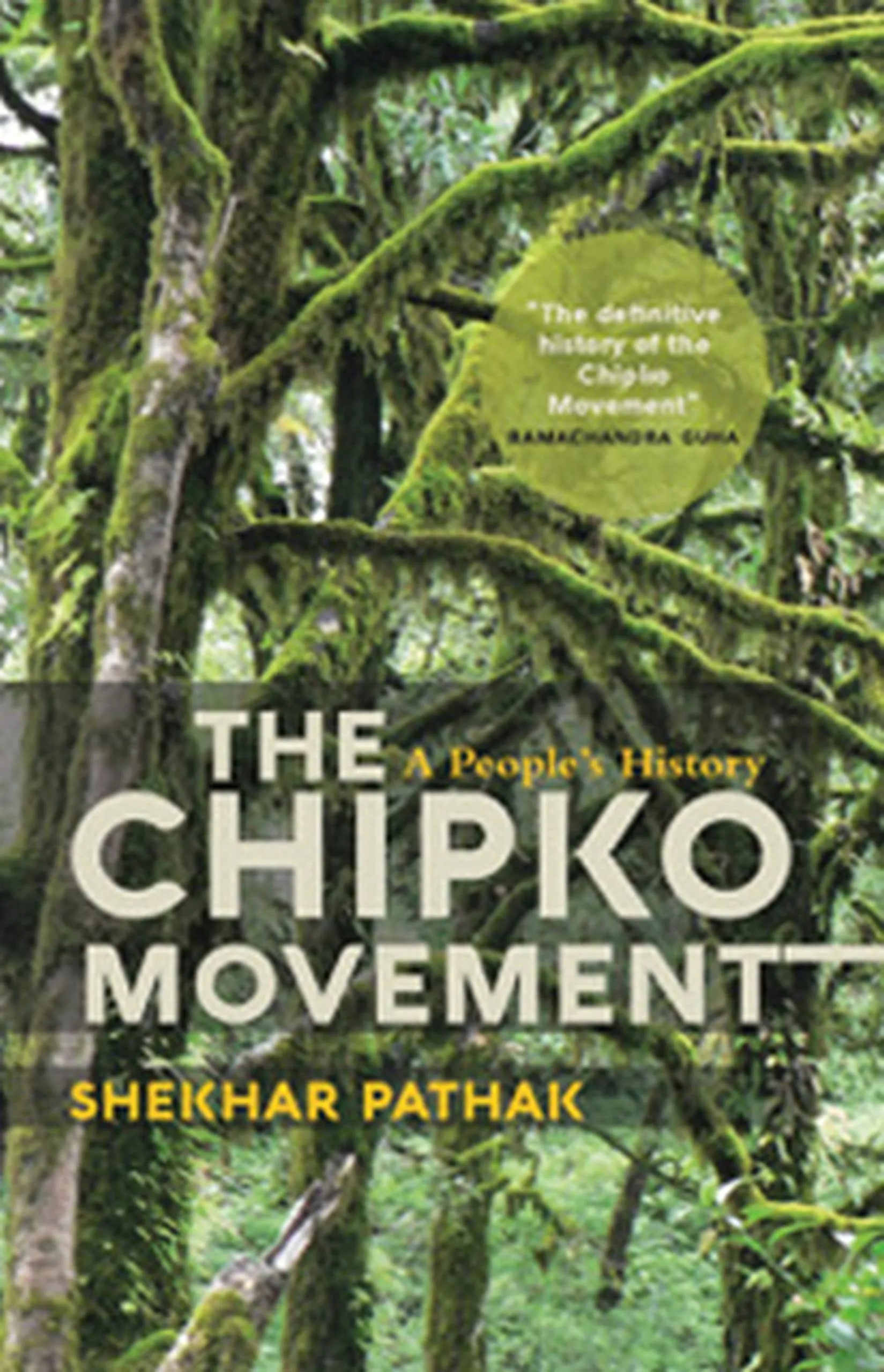In India, modern environmentalism was inaugurated by the chipko movement, which began in 1973. Because it was led by Gandhians, included women participants, occurred in “spiritual” Himalayan regions, and used innovatively non-violent techniques of protest, the chipko attracted international attention. It also led to a major debate on Indian Forest policy and the destructive consequences of Commercialisation. Because of chipko, clear-fuelling was stopped and India began to pay attention to the needs of an ecological balance which sustained forests and the communities within them. In academic and policy-making circles it fuelled a wider debate on sustainable development.
Chipko’s historians have hitherto focused on its two major leaders, Chandi Prasad Bhatt and Sunderlal Bahuguna. The voices of “subalterns” – ordinary men and women such as Gaura Devi who made chipko what it was – have not been recorded. Pathak places chipko in its grassroots contexts. He shows that in leadership and ideology Chipko was diverse and never a singular Gandhian movement.











